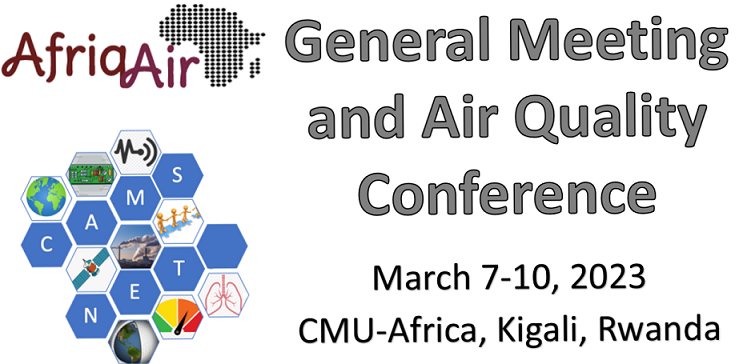Speaker
Description
Nitrogen dioxide (NO2) is an urban air pollutant produced by combustion processes and can be detrimental to health and the environment at global and regional scales. However, their impact is still unknown because of the lack of air monitoring, especially in poor countries like West Africa.
The main objective of this work was to assess NO2 air pollution variability in Dakar, Senegal. First, we presented data from a measurement campaign from February- March 2020. Results show that NO2 values are higher in most parts of Dakar, especially in higher traffic congestion, human activities, and bus terminals for local and traditional buses. Secondly, we have used these monitored data to train a high spatial resolution linear machine learning model (LASSO). The model was able to have a generally good spatial distribution with hotspots of NO2. In the last part, we will represent some results from a new measurement campaign done in early 2023 for collecting a wider variety of combustion pollutants including NO, NO2, CO, CO2, O3, and SO2 across Dakar. We will use these observations to map trace gas enhancement ratios, which inform the types of combustion pollutants, not just their distributions in both Dakar city and the rural zone. We will also discuss air pollution monitoring networks using low-cost sensors over the entire Senegal.
